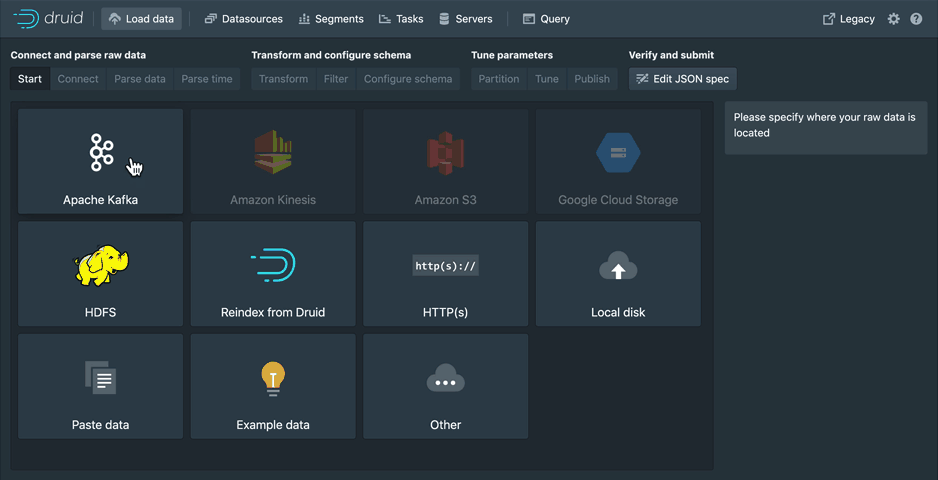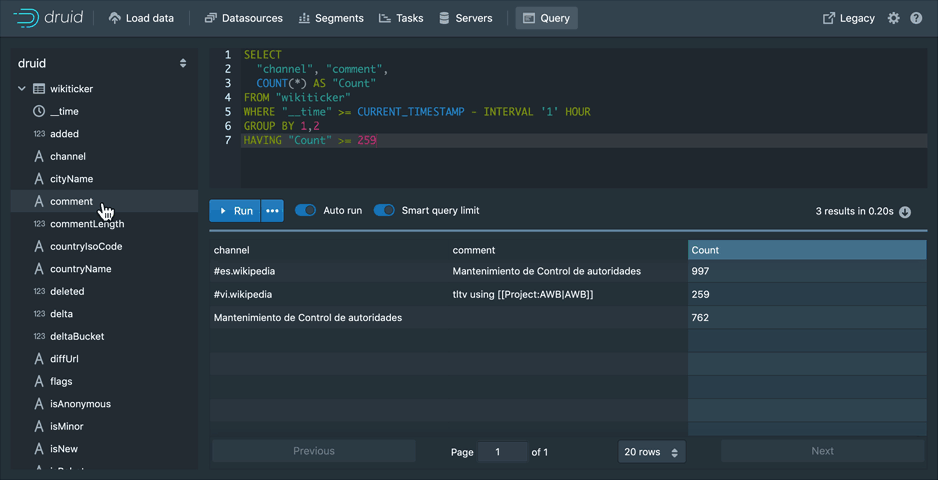* Remove CloseQuietly and migrate its usages to other methods. These other methods include: 1) New method CloseableUtils.closeAndWrapExceptions, which wraps IOExceptions in RuntimeExceptions for callers that just want to avoid dealing with checked exceptions. Most usages were migrated to this method, because it looks like they were mainly attempts to avoid declaring a throws clause, and perhaps were unintentionally suppressing IOExceptions. 2) New method CloseableUtils.closeInCatch, designed to properly close something in a catch block without losing exceptions. Some usages from catch blocks were migrated here, when it seemed that they were intended to avoid checked exception handling, and did not really intend to also suppress IOExceptions. 3) New method CloseableUtils.closeAndSuppressExceptions, which sends all exceptions to a "chomper" that consumes them. Nothing is thrown or returned. The behavior is slightly different: with this method, _all_ exceptions are suppressed, not just IOExceptions. Calls that seemed like they had good reason to suppress exceptions were migrated here. 4) Some calls were migrated to try-with-resources, in cases where it appeared that CloseQuietly was being used to avoid throwing an exception in a finally block. 🎵 You don't have to go home, but you can't stay here... 🎵 * Remove unused import. * Fix up various issues. * Adjustments to tests. * Fix null handling. * Additional test. * Adjustments from review. * Fixup style stuff. * Fix NPE caused by holder starting out null. * Fix spelling. * Chomp Throwables too. |
||
|---|---|---|
| .github | ||
| .idea | ||
| benchmarks | ||
| cloud | ||
| codestyle | ||
| core | ||
| dev | ||
| distribution | ||
| docs | ||
| examples | ||
| extendedset | ||
| extensions-contrib | ||
| extensions-core | ||
| helm/druid | ||
| hll | ||
| hooks | ||
| indexing-hadoop | ||
| indexing-service | ||
| integration-tests | ||
| licenses | ||
| processing | ||
| publications | ||
| server | ||
| services | ||
| sql | ||
| web-console | ||
| website | ||
| .asf.yaml | ||
| .backportrc.json | ||
| .codecov.yml | ||
| .dockerignore | ||
| .gitignore | ||
| .lgtm.yml | ||
| .travis.yml | ||
| CONTRIBUTING.md | ||
| LABELS | ||
| LICENSE | ||
| NOTICE | ||
| README.md | ||
| README.template | ||
| check_test_suite.py | ||
| check_test_suite_test.py | ||
| licenses.yaml | ||
| owasp-dependency-check-suppressions.xml | ||
| pom.xml | ||
| setup-hooks.sh | ||
| upload.sh | ||
README.md
Website | Documentation | Developer Mailing List | User Mailing List | Slack | Twitter | Download
Apache Druid
Druid is a high performance real-time analytics database. Druid's main value add is to reduce time to insight and action.
Druid is designed for workflows where fast queries and ingest really matter. Druid excels at powering UIs, running operational (ad-hoc) queries, or handling high concurrency. Consider Druid as an open source alternative to data warehouses for a variety of use cases. The design documentation explains the key concepts.
Getting started
You can get started with Druid with our local or Docker quickstart.
Druid provides a rich set of APIs (via HTTP and JDBC) for loading, managing, and querying your data. You can also interact with Druid via the built-in console (shown below).
Load data
Load streaming and batch data using a point-and-click wizard to guide you through ingestion setup. Monitor one off tasks and ingestion supervisors.
Manage the cluster
Manage your cluster with ease. Get a view of your datasources, segments, ingestion tasks, and services from one convenient location. All powered by SQL systems tables, allowing you to see the underlying query for each view.
Issue queries
Use the built-in query workbench to prototype DruidSQL and native queries or connect one of the many tools that help you make the most out of Druid.
Documentation
You can find the documentation for the latest Druid release on the project website.
If you would like to contribute documentation, please do so under
/docs in this repository and submit a pull request.
Community
Community support is available on the druid-user mailing list, which is hosted at Google Groups.
Development discussions occur on dev@druid.apache.org, which you can subscribe to by emailing dev-subscribe@druid.apache.org.
Chat with Druid committers and users in real-time on the #druid channel in the Apache Slack team. Please use this invitation link to join the ASF Slack, and once joined, go into the #druid channel.
Building from source
Please note that JDK 8 is required to build Druid.
For instructions on building Druid from source, see docs/development/build.md
Contributing
Please follow the community guidelines for contributing.
For instructions on setting up IntelliJ dev/intellij-setup.md







